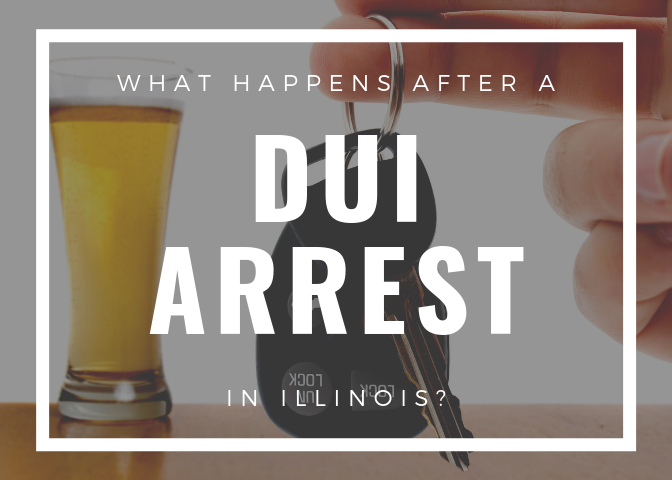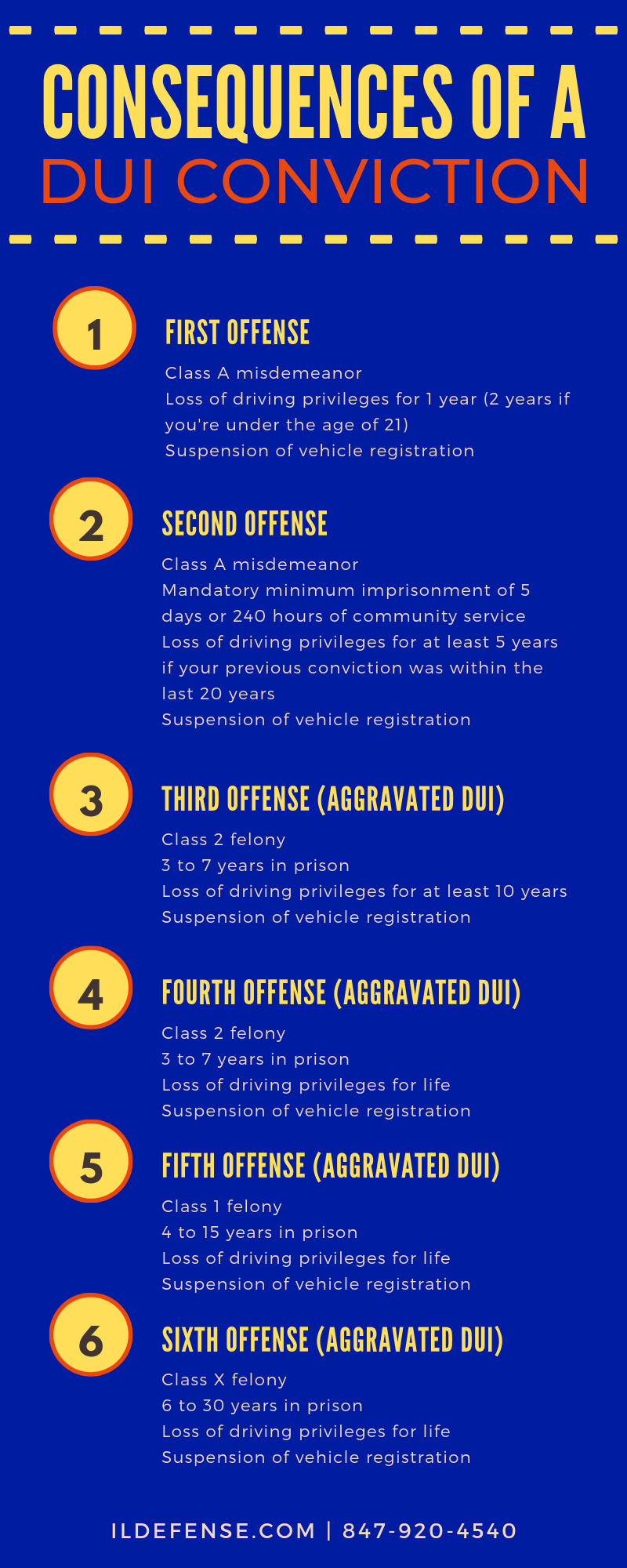
If you’re arrested for DUI in Chicago, Skokie, Rolling Meadows or anywhere else in Illinois, you need to know what happens next – and what to do. This guide walks you through it all.
What Happens After a DUI Arrest in Illinois?
Leading up to a DUI arrest, you may have taken a field sobriety test – a roadside test during which a police officer tries to see if you’re drunk or impaired – and you may have taken a breath alcohol test. If you are arrested, the police will put you in the back of a squad car and take you to jail.
From there, you may be asked to submit to chemical testing in the jail, such as a blood test or urine test.
If you refuse to submit or complete chemical testing, your driver’s license will automatically be suspended. However, you might qualify for a monitoring device driving permit – but only if it’s your first-time DUI offense and you meet other criteria.
You may be required to post bond, and the police can keep you in jail until you post it.
The police might tow, impound or otherwise seize your vehicle, too.
About the Mandatory Driver’s License Suspension
 If you refuse to submit or complete chemical testing (such as a blood test or urine test) while you’re in police custody, your license will be automatically suspended. It’s called a statutory summary suspension, and it doesn’t replace any of the penalties you’ll face if you’re convicted of DUI.
If you refuse to submit or complete chemical testing (such as a blood test or urine test) while you’re in police custody, your license will be automatically suspended. It’s called a statutory summary suspension, and it doesn’t replace any of the penalties you’ll face if you’re convicted of DUI.
Also:
- If this is your first offense, you’ll lose your license for 12 months (unless you qualify for that monitoring device driving permit we mentioned earlier).
- If this is your second or subsequent offense, you’ll lose your driving privileges for three years.
These consequences are simply for refusing to submit to chemical testing – but only you can decide whether you should refuse to test or go ahead and submit to testing.
You can request a hearing in front of a judge to challenge your suspension, as long as you do it within 90 days of the notice date.
Failing Chemical Testing
You fail chemical testing if testing shows that your blood alcohol content, or BAC, is 0.08 or greater if you’re a driver who’s 21 or older. If you’re a commercial driver’s license holder, you’ll fail chemical testing if your BAC is 0.04 or greater.
If you’re a school bus driver or if you’re a driver under the age of 21, you cannot have any alcohol in your system when you’re behind the wheel. A BAC over 0 means you fail chemical testing and the court can convict you of DUI.
What Are the Penalties for DUI in Illinois?
Like everyone else who’s arrested for a crime in Illinois, whether it’s a misdemeanor or a felony, you’re entitled to your day in court. For most people, the best course of action is to work with a Chicago DUI lawyer who understands the law and how it applies in specific situations.
If the judge convicts you of DUI, these are the penalties you’re facing.
First Offense
|
Second Offense
|
Third Offense (Aggravated DUI)
|
Fourth Offense (Aggravated DUI)
|
Fifth Offense (Aggravated DUI)
|
Sixth Offense (Aggravated DUI)
|
Here’s a handy chart you can use to share on social media or keep track for yourself:

Other Consequences of DUI Conviction
A DUI conviction is on your driving record forever – it never comes off. You can’t expunge it later, and anyone who’s looking at your driving record will see it.
In order to get your driving privileges back, you’ll have to complete an alcohol or drug evaluation and an alcohol or drug remedial education course (or a substance abuse treatment program).
The courts can order you to install a Breath Alcohol Ignition Interlock Device on your car – at your expense – so that you cannot start your vehicle without taking a breath alcohol test. You’ll also have to carry high-risk auto insurance for 3 years, and your vehicle may be impounded (and it will cost money to get it out of the impound lot).
Do You Need to Talk to a Chicago DUI Lawyer About DUI Charges?
If you’re accused of DUI, whether or not you were actually drinking and driving (or using drugs and driving), you may benefit from talking to an attorney about your situation.
Call us immediately at 847-920-4540 for a free consultation with an experienced attorney. We’ll learn everything we can about your case, and then we’ll do everything in our power to get you the best possible outcome.
Contact Us
"*" indicates required fields








